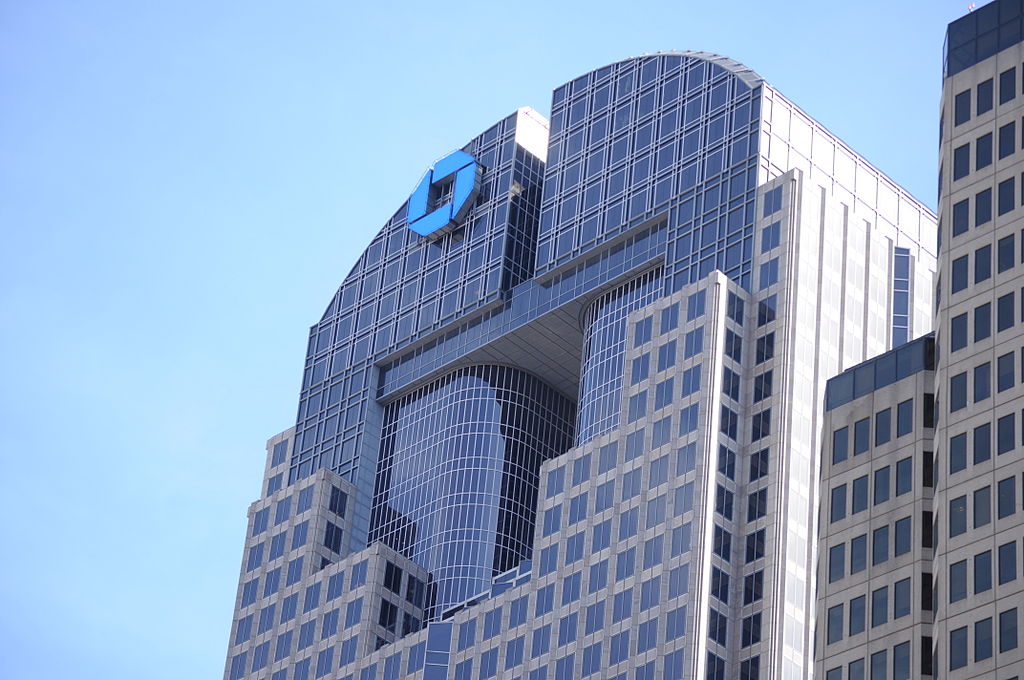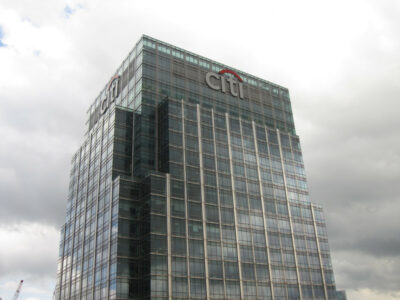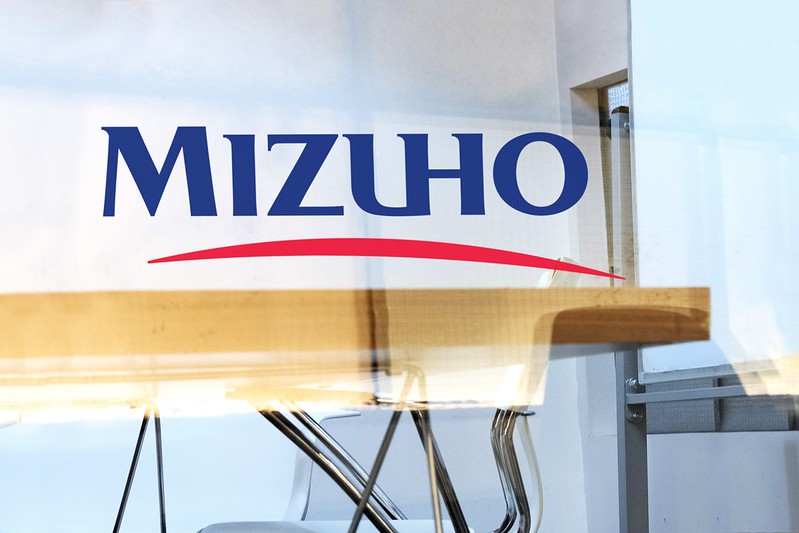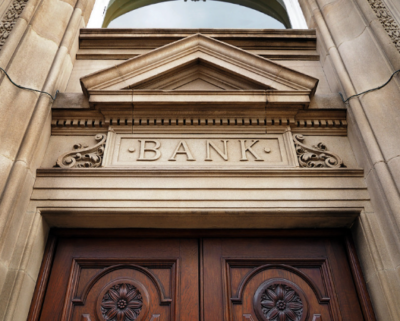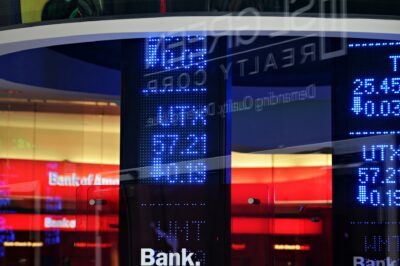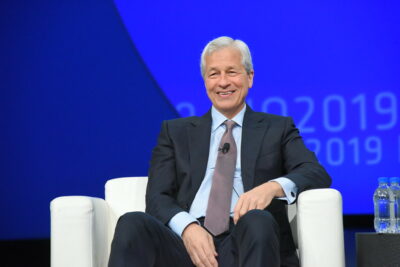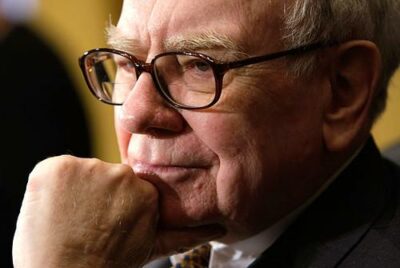Finance
-
JPMorgan is Building Out its Ultra-Wealth Management Division

Photo credit: Joe Mabel/Wikimedia Commons
Get More Than News. Get Insights.
Our daily email brings you smart and engaging news and analysis on the biggest stories in business and finance. For free.
-
Japan’s Mizuho Buys US Investment Bank GreenHill for $550 Million

(Photo Credit: Alpha Photo/Flickr)
-
TPG Grows Credit Business with $2.7 Billion Angelo Gordon Acquisition

Image Credit: iStock, Andrey Maximenko
-
Icahn Under Federal Investigation After Hindenburg Report

(Photo Credit: Bermix Studio/Unsplash)
